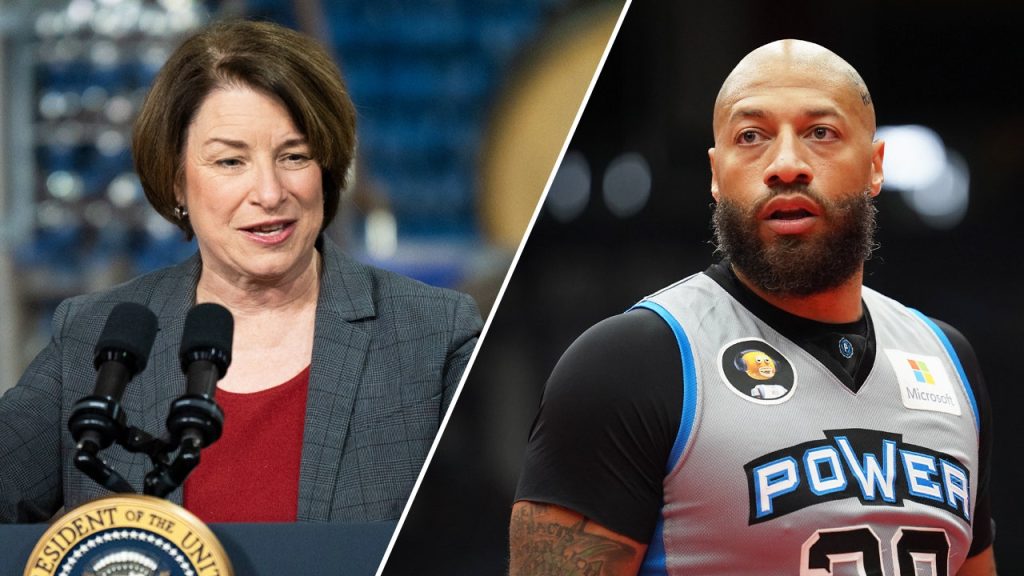The Republican Party of Minnesota chose Royce White, a former NBA player and Black Lives Matter protest leader, as its candidate for the Senate race against incumbent Democrat Sen. Amy Klobuchar. White received the party’s endorsement at the state GOP convention, with 67% of the vote on the first ballot. Previously, White had run for the GOP nomination for Minnesota’s Fifth Congressional District but lost in the primary election. He has also been involved in leading Black Lives Matter protests in Minneapolis during the aftermath of George Floyd’s death. White has faced controversy for making comments about his religious and ethnic identity, as well as his views on Israel’s role in global politics.
White’s campaign focuses on four main goals, including term limits, no taxes, American manufacturing, and energy, but he has not provided detailed plans on how he will achieve these objectives. Despite his endorsement by the Minnesota Republican Party, some within the party have criticized the selection of White as the candidate to challenge Klobuchar. One Republican operative at the convention expressed disappointment in the state party’s nominating committee for allowing White to be on the endorsement ballot with reservations. Critics fear that White’s past controversial remarks and lack of detailed policy proposals may hinder his chances of winning against Klobuchar in the general election.
White’s candidacy has been further scrutinized due to his unconventional background as a former professional basketball player and Black Lives Matter protest leader, now seeking to represent the Republican Party. His previous involvement with protests and advocacy work in Minneapolis has raised questions about his ability to appeal to a broader base of voters in Minnesota. Despite these concerns, White maintains the support of the state Republican Party and will face off against Klobuchar in the primary election in August, with the general election scheduled for November.
The dynamics of the Minnesota Senate race have been influenced by White’s entry into the campaign as the Republican candidate challenging Klobuchar. While Klobuchar is the presumptive nominee for the Democratic Party, the state party is gearing up for a competitive election season with White as her opponent. The contrasting backgrounds and policy positions of the two candidates present a stark choice for voters in Minnesota, who will ultimately decide the outcome of the race in November. As the election approaches, both campaigns will need to articulate their visions for the state’s future and engage with voters on critical issues facing Minnesota.
The Minnesota GOP convention on Saturday showcased the party’s support for White and highlighted the enthusiasm among Republican delegates for his candidacy. Despite concerns raised by some within the party about White’s controversial remarks and lack of specific policy proposals, he has secured the endorsement of the state Republican Party and is now focused on building a campaign to defeat Klobuchar in the upcoming election. As the race unfolds, there is likely to be increased scrutiny on both candidates’ records and platforms, as well as their ability to connect with voters and address the challenges facing Minnesotans in the years ahead. Ultimately, the Senate race in Minnesota will be a closely watched contest with significant implications for the state’s political landscape and the direction of federal policy.


